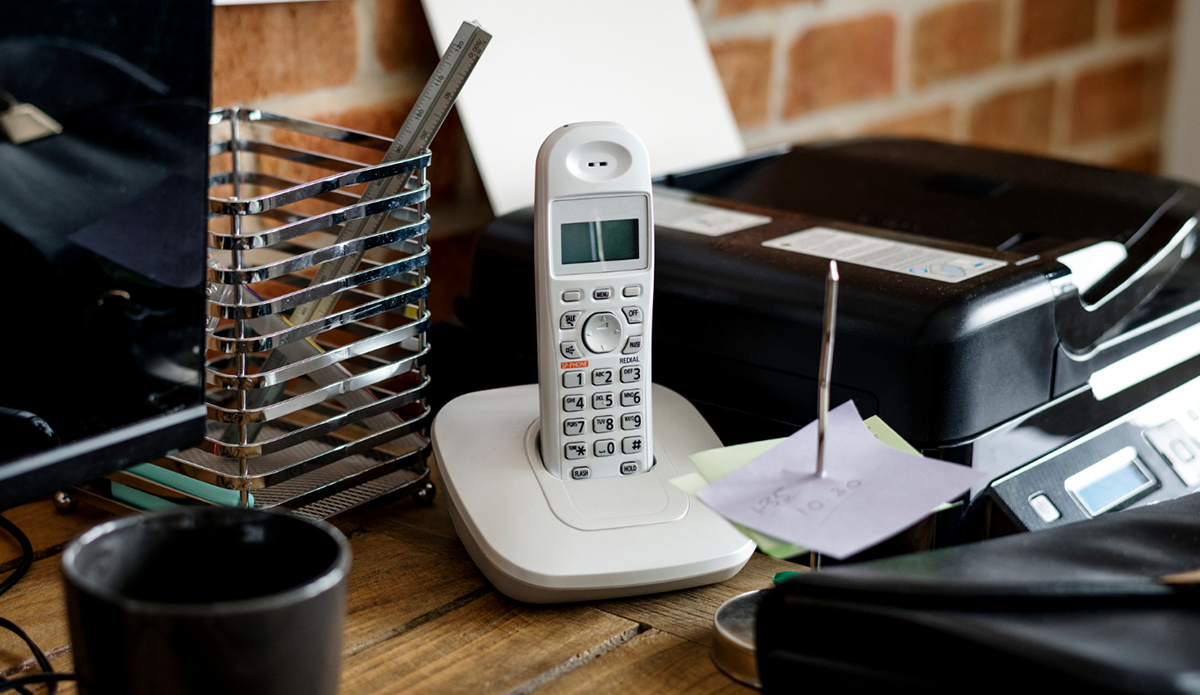Once a household staple, the traditional landline is becoming increasingly redundant as most of us rely on mobile phones for communication.
But when it comes to Wi-Fi, do you still need a landline to stay connected?
According to a study by Zen Internet, as many as 52% respondents claim to still have a landline phone plugged in – but only 15% of the same group actually use it!
Is a Landline Required for Broadband?
Strictly speaking, you don’t need a landline to access broadband.
However, many broadband deals that require one are still among the most affordable. So even if you have no intention of making calls, opting for a landline-based package might save you money.
If you’re unsure which route to take, broadband comparison tools can help you weigh up the costs of broadband-only versus broadband with line rental.
Which Providers Offer Broadband Without a Landline?
Traditionally, broadband was delivered via copper phone lines, making a landline a necessity.
But with the UK’s move towards Fibre to the Premises (FTTP) – also called full fibre – the landscape is changing.
The copper network is due to be phased out by the end of 2026, so more providers are now offering broadband-only options or digital landline services.
A number of providers currently offer broadband without requiring a landline, including:
- Virgin Media
- BT
- Plusnet
- Hyperoptic (mostly in London)
- Community Fibre (London-focused)
These providers deliver broadband through alternative infrastructure like fibre or cable, which doesn’t rely on a traditional phone line.
Is It Cheaper to Go Without a Landline?
Surprisingly, broadband-only deals aren’t always cheaper.
In fact, packages that include a landline for broadband are often more cost-effective due to promotional pricing or bundled discounts.
That said, if you’re not planning to use a landline at all, it’s worth comparing both types of deals. Some comparison sites offer filters for ‘no line rental’ to help you make an informed decision.
What If You Don’t Currently Have a Phone Line?
If you haven’t got an active landline, but it turns out the cheapest option includes one, you may need to arrange for installation.
Some broadband providers include this in the setup process, while others may charge an additional fee. It’s best to check with your chosen provider before signing up.
Do You Still Need a Landline for Broadband?
Before you scrap your landline altogether, consider your lifestyle and location.
If you rely solely on a mobile phone and live in an area with good coverage, you may not miss it.
But for others, especially those in rural areas or with unreliable mobile signal, a landline could be a valuable safety net.
Certain alarm systems and telecare devices for elderly or vulnerable individuals also require a landline to function.
Additionally, if you live somewhere with weak mobile reception indoors, a landline can provide more reliable connectivity in emergencies.
However, calls made using a landline can be pricey if your package doesn’t include them. For many, a mobile phone plan may work out cheaper in the long run.
Copper Lines Are Being Retired – What’s Next?
The UK is shifting away from copper-based phone lines, which means more broadband will be delivered via fibre optic cables or other non-copper methods.
This is good news for most users, as these newer technologies offer faster and more stable connections – often without requiring a landline at all.
Types of Broadband-Only Packages
With technology advancing rapidly, broadband-only options are more widely available.
Here are the main types:
-
Full Fibre (FTTP)
This delivers fibre broadband directly to your home without needing any copper wires. It’s currently available to about 60% of UK homes and is set to reach 85% by late 2026. Use a postcode checker to see if your area is covered.
-
Virgin Media
Available in around 60% of the country, Virgin uses its own cable infrastructure to deliver broadband, bypassing the need for a BT landline. You can find and compare Virgin deals with most online tools.
-
Mobile Broadband
If you have a reliable 4G or 5G signal, mobile broadband could be a practical alternative. It uses a SIM-enabled router or dongle to deliver internet via the mobile network — no cables, no landline. Speeds can range from 10Mbps on 4G to upwards of 150Mbps on 5G, although performance may vary based on signal strength and location.
-
Fixed Wireless Access (FWA)
This less common solution uses radio waves to provide broadband, ideal for areas where laying cables isn’t feasible. For example, Connexin offers this service in Hull as an alternative to the area’s primary provider, KCOM.
What’s the Best Landline and Broadband Package?
There’s no one-size-fits-all answer. The ideal package depends on where you live, your internet usage habits, and your budget.
Think about what matters most – speed, customer service, data allowance, or contract flexibility.
If you’re unsure what speed you need, guides are available to help you assess the best broadband speeds for different activities, such as streaming or working from home.
Use our free deal finder tool to explore what’s on offer in your area.
Find A New Broadband Deal Today
Whether or not you need a landline for broadband really depends on your personal circumstances.
With the UK’s ongoing transition to full fibre and alternative broadband technologies, it’s becoming easier to ditch the landline without compromising on speed or reliability.
But for now, don’t dismiss landline-inclusive deals outright – they might still offer the best value.
Make sure to shop around, compare options, and choose a broadband plan that fits both your needs and your budget.
